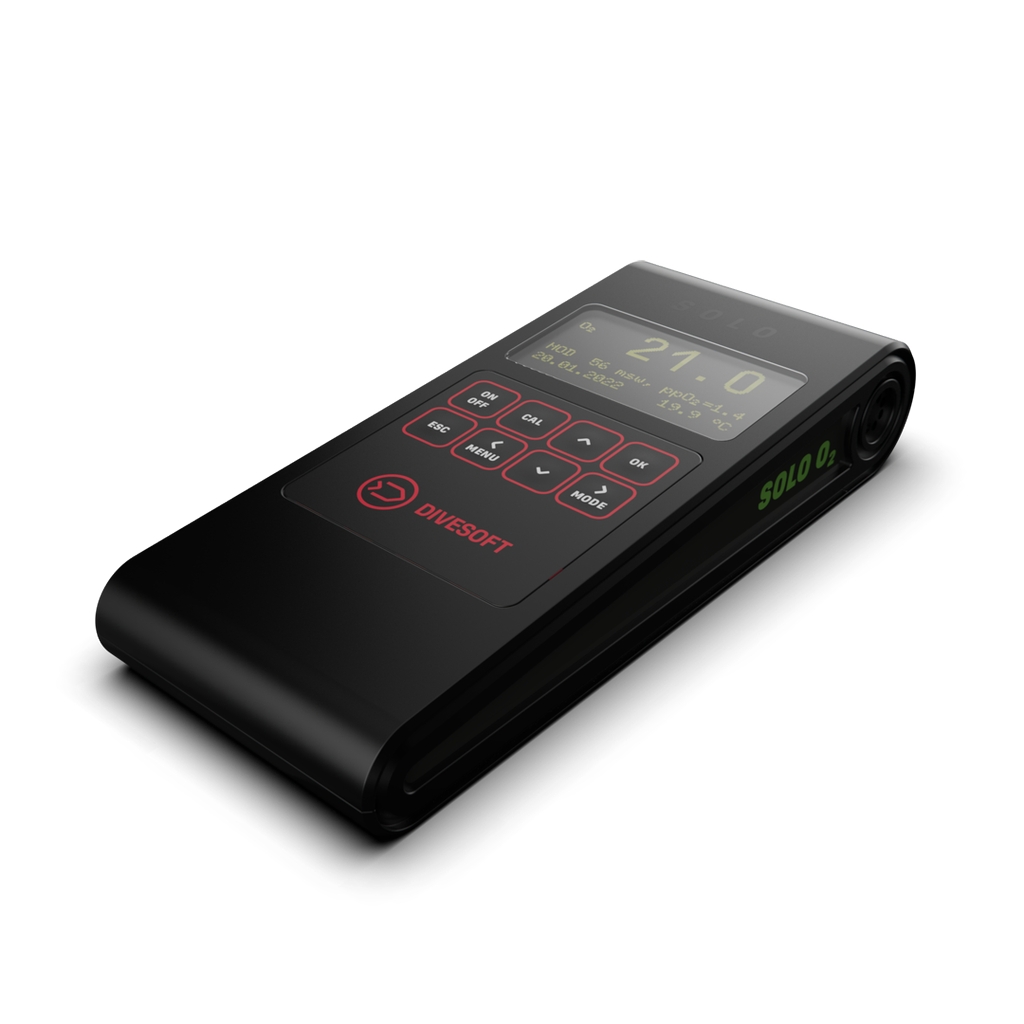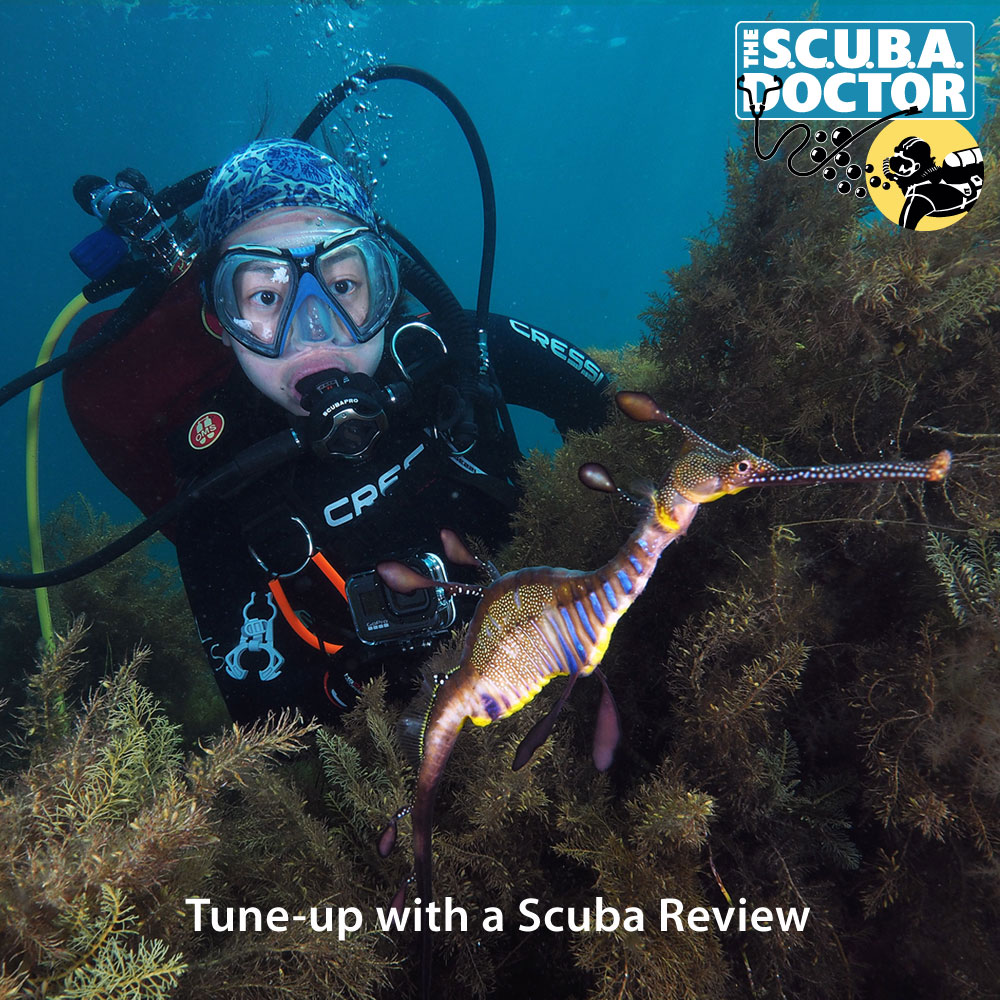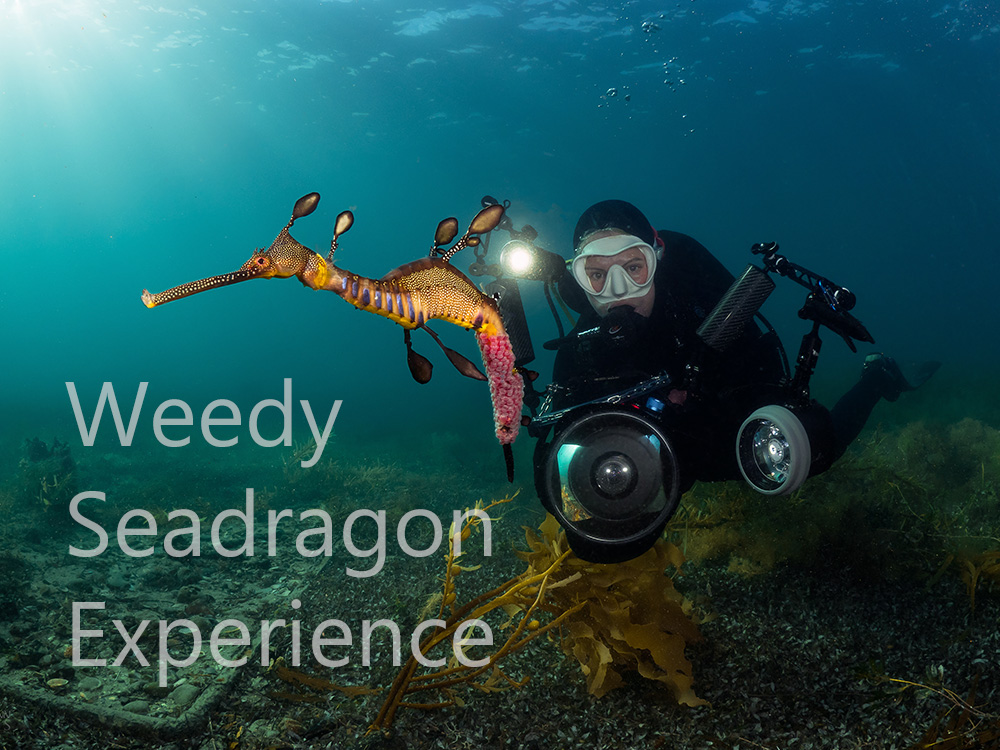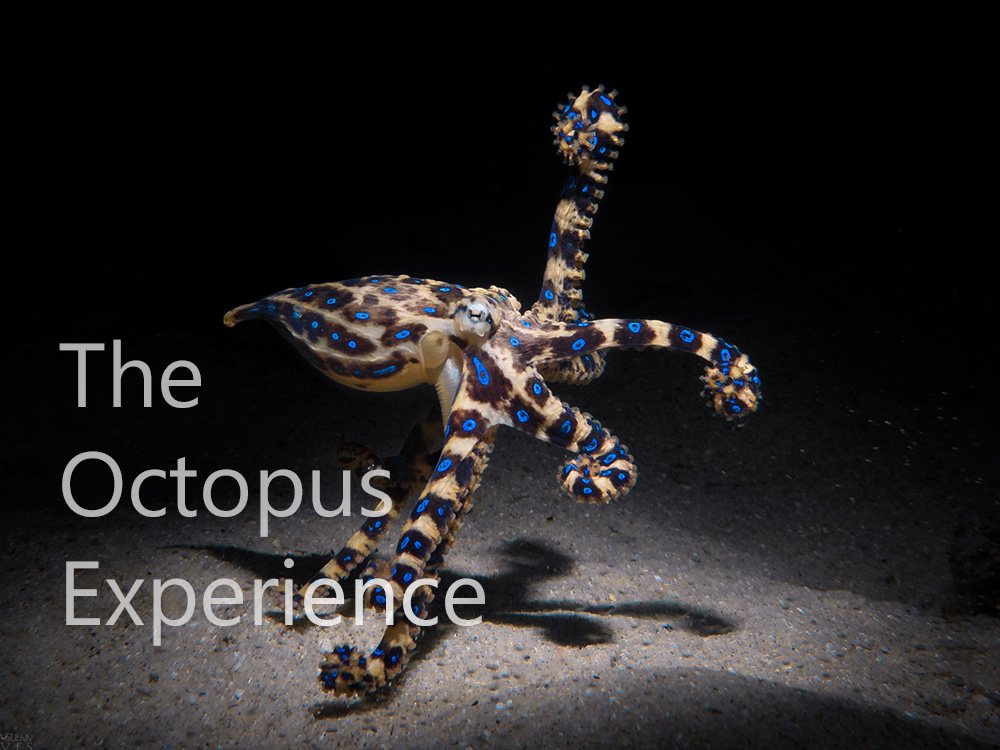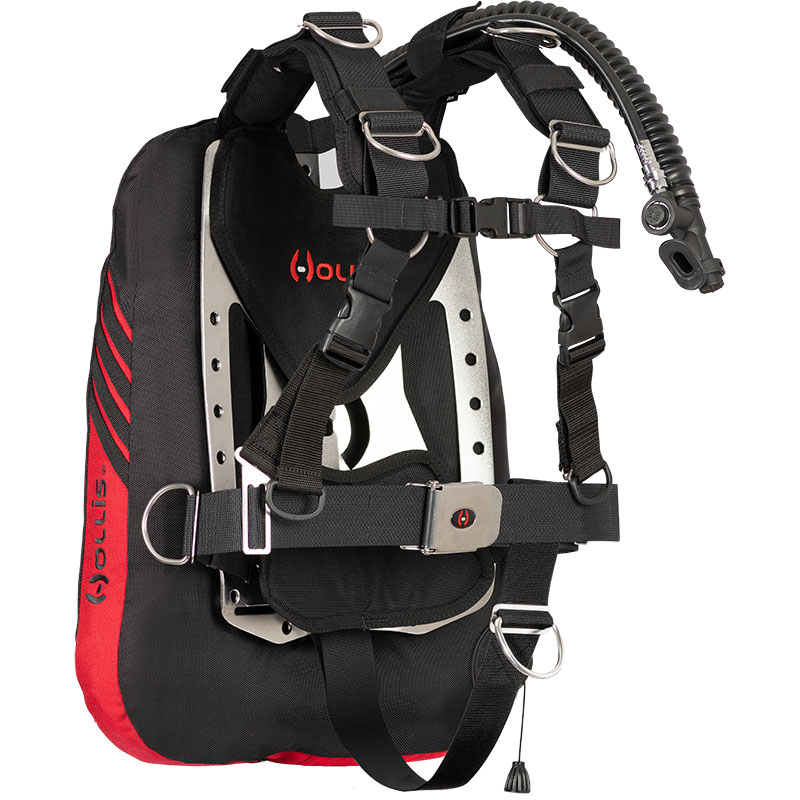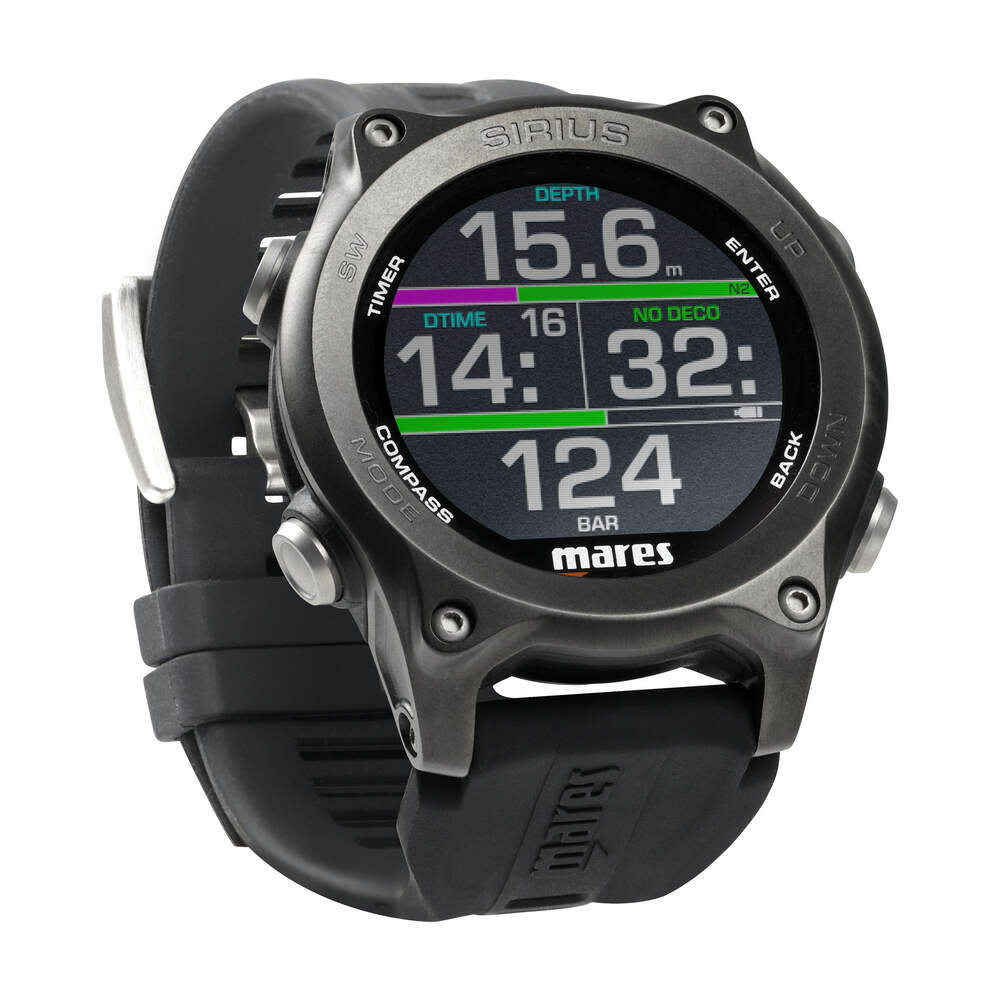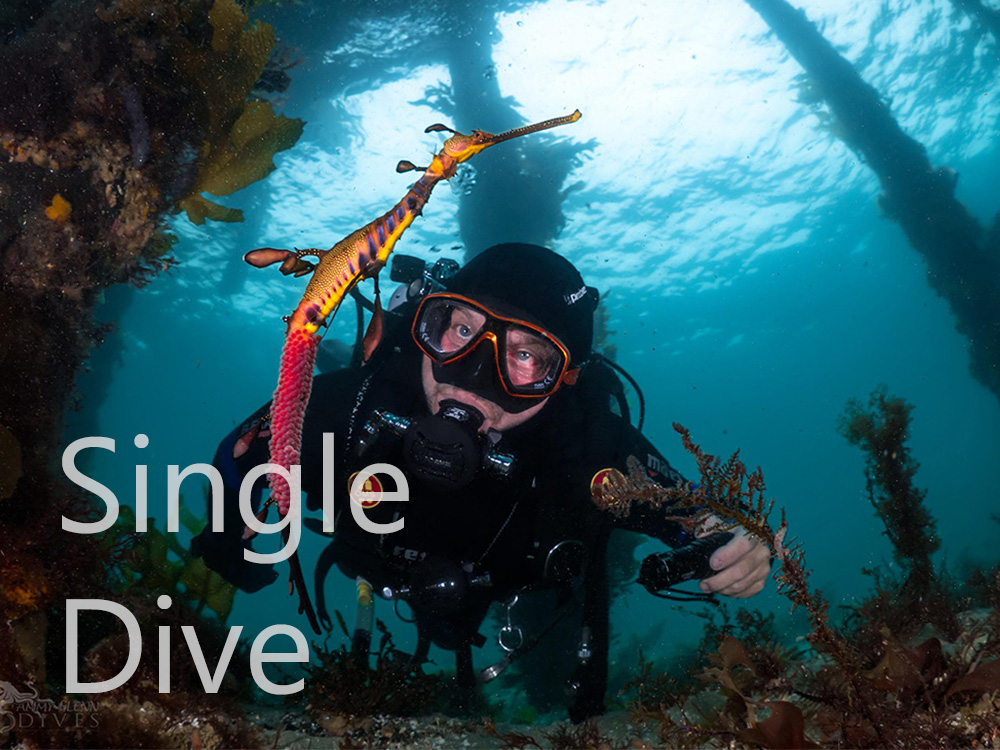Navigation
Send a Gift Certificate today!
Gift Certificates are good for anything in the store.
The Boatshed, Cape Bridgewater
![]() Reef Dive |
Reef Dive | ![]() Boat access
Boat access
![]()
![]()
![]()
![]()
![]()
![]()
Depth: 2 m (6.56 ft) to 8 m (26 ft)
Level: Open Water and beyond.
The Boatshed is a shallow boat dive site on the eastern side of Cape Bridgewater, about one kilometre south of the Cape Bridgewater township, and about 21 kilometres south-west of Portland on Victoria's Discovery Coast. It's offshore from a private boatshed and jetty.
The SS Barwon shipwreck lies nearby.
Diving and Snorkelling at The Boatshed, Cape Bridgewater
This boat dive site faces east on the western side of Bridgewater Bay, near Fisherman Cove. It's on a shallow reef with lots of marine life. Good for snorkelling.
Fisherman Cove is, as the name suggests, an area of quieter water in the energetic Bridgewater Bay. The cove faces east and is well protected by Cape Bridgewater, with waves averaging less than 1 metre.
Location: Cape Bridgewater, Victoria 3305
Ideal Conditions: The dive site is still very weather dependant. Best dived in good conditions with a low swell with light offshore westerly winds. See WillyWeather (Cape Bridgewater) as a guide for the tide times and the height of the tide.
Access is by boat from the Cape Bridgewater Boat Ramp, or further away from the Portland Harbour, Lee Breakwater Road North Ramp or the Portland Harbour, Lee Breakwater Road South Ramp.
{{southern-ocean-warning}}Divers have the opportunity to catch Abalone at this dive site. Remember your catch bag, legal abalone tool, current Victorian Recreational Fishing Licence, and abalone measure. Please abide by all current fishing regulations if you intend to catch abalone.
See article-catching-abalone for practical abalone hunting advice from The Scuba Doctor, plus melbourne-abalone-dives for a list of other Abalone dive sites near Melbourne.
Divers have the opportunity to catch Southern Rock Lobster (aka Crayfish) at this dive site. Remember your catch bag, current Victorian Recreational Fishing Licence, rock lobster measure, and cray tags. Once you get back to the dive boat, or shore, make sure you clip the tail and tag your Crayfish as per Fisheries requirements. Please abide by all current fishing regulations if you intend to catch crays. See article-catching-crayfish for practical cray hunting advice from The Scuba Doctor, plus melbourne-cray-dives for a list of other crayfish dive sites near Melbourne. For tips on cooking your Crays, please see article-cooking-crayfish.
Traditional Owners — This dive site is in the traditional Country of the Gunditjmara people of far south-western Victoria which continues over the state border into a small part of south-east South Australia and is bordered by the Glenelg River to the west and the Wannon River in the north. This truly ancient Country extends 100 metres out to sea from low tide and also includes Deen Maar (aka Lady Julia Percy Island) where the Gunditjmara believe the spirits of their dead travel to wait to be reborn. We wish to acknowledge the Gunditjmara as Traditional Owners. We pay respect to their Ancestors and their Elders, past, present and emerging.
The Boatshed, Cape Bridgewater Location Map
Latitude: 38° 22.616′ S (38.37694° S / 38° 22′ 36.98″ S)
Longitude: 141° 24.446′ E (141.407433° E / 141° 24′ 26.76″ E)
Datum: WGS84 |
Google Map
Added: 2022-05-20 15:08:18 GMT, Last updated: 2022-05-23 16:14:03 GMT
Source: GPS
Nearest Neighbour: SS Barwon, 375 m, bearing 92°, E
Cape Bridgewater, Portland, Discovery Coast.
Depth: 2 to 8 m.
[ Top ]
DISCLAIMER: No claim is made by The Scuba Doctor as to the accuracy of the dive site coordinates listed here. Should anyone decide to use these GPS marks to locate and dive on a site, they do so entirely at their own risk. Always verify against other sources.
The marks come from numerous sources including commercial operators, independent dive clubs, reference works, and active divers. Some are known to be accurate, while others may not be. Some GPS marks may even have come from maps using the AGD66 datum, and thus may need be converted to the WGS84 datum. To distinguish between the possible accuracy of the dive site marks, we've tried to give each mark a source of GPS, Google Earth, or unknown.
Copyright © 2005-2022 by The Scuba Doctor Australia, ABN 88 116 755 170. All rights reserved.
tel. +61 3 5985 1700 :: email. diveshop@scubadoctor.com.au :: Web site by it'sTechnical 2022


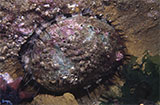
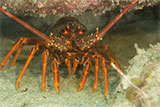
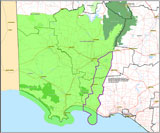





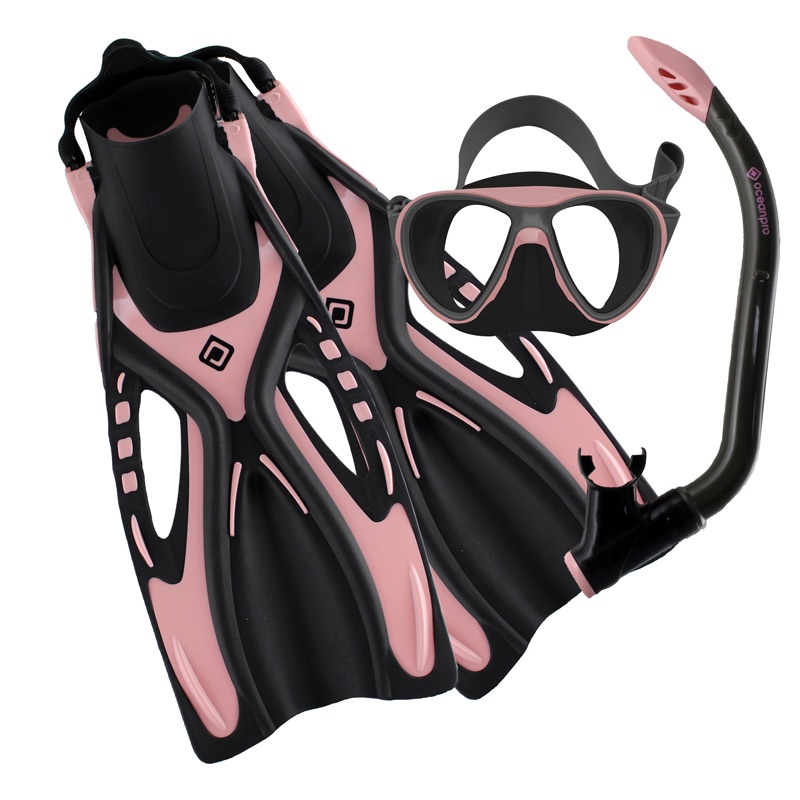


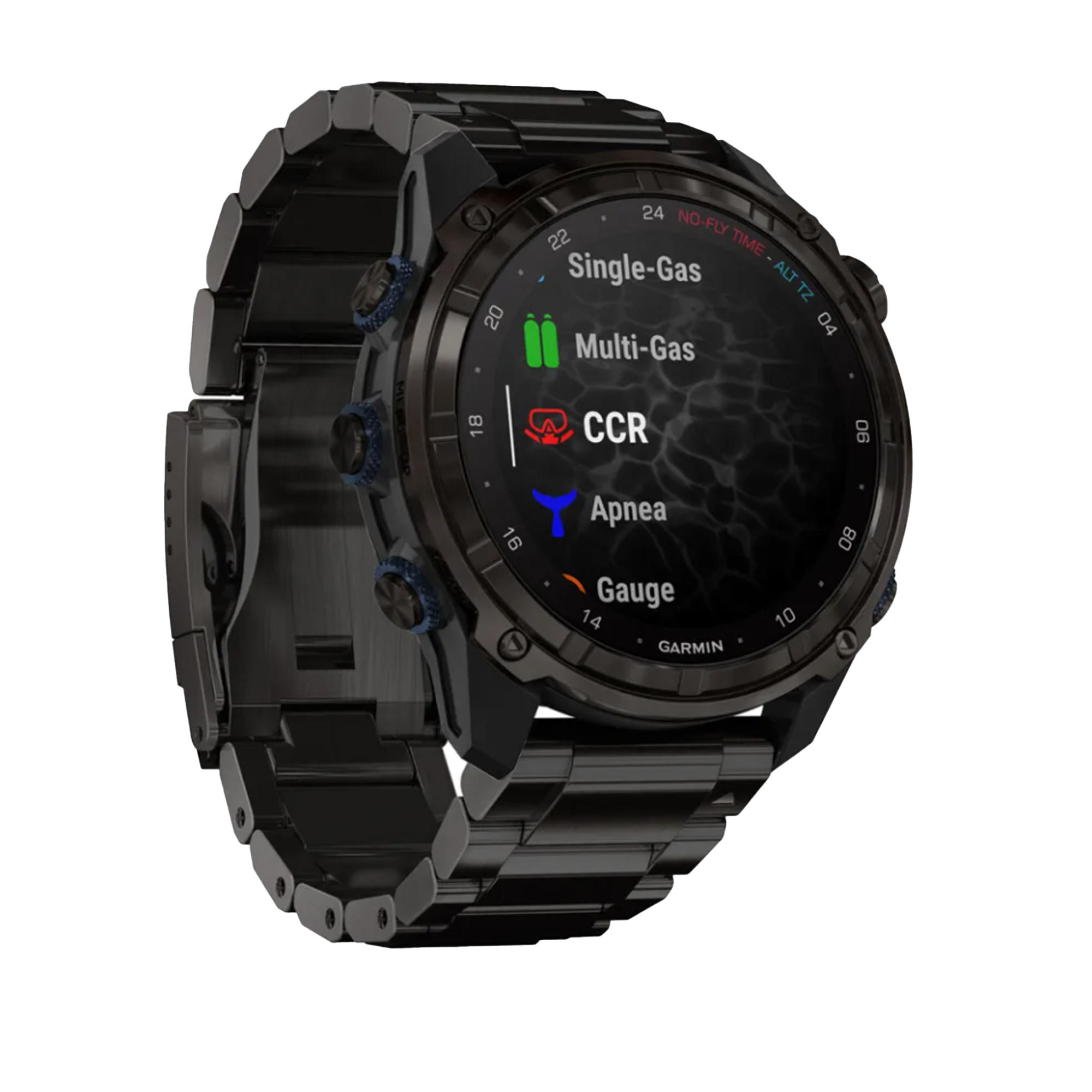
![Halcyon Infinity 30lb System [SS Small Backplate] Halcyon Infinity 30lb System [SS Small Backplate]](/diveshop/images/halcyon/Halcyon-Evolve-Wing.jpg)
